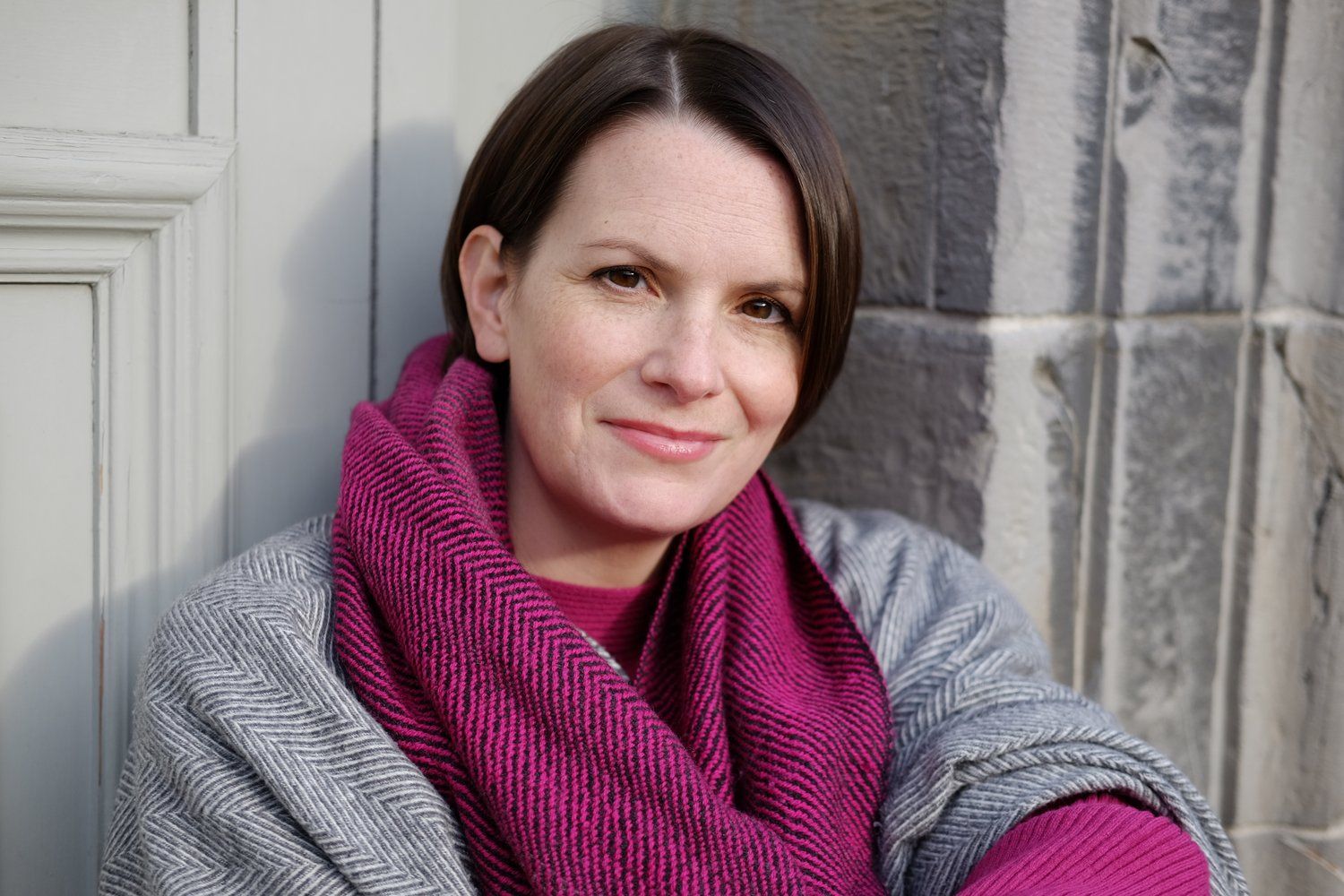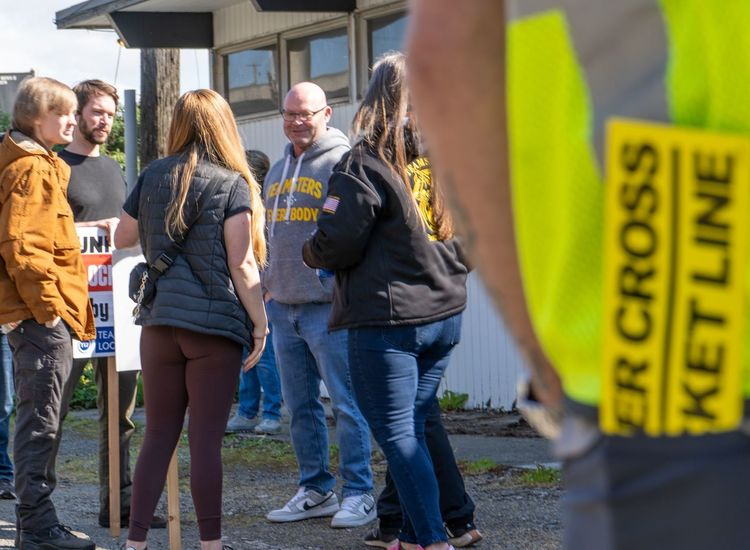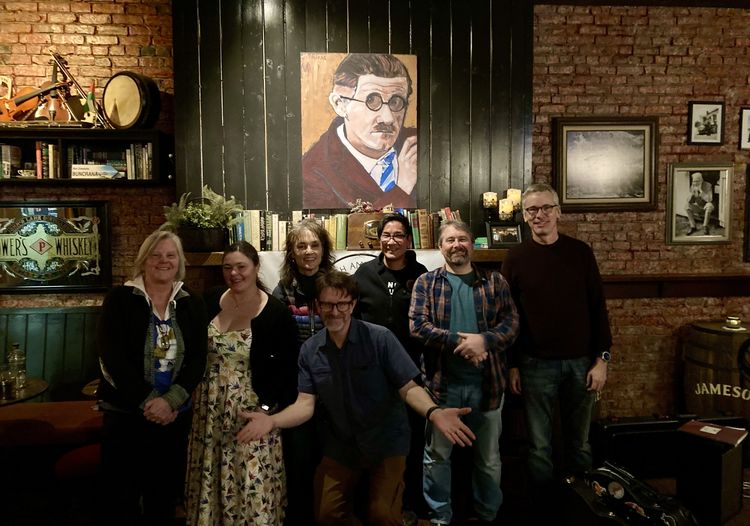[The original version of this article was published in the print edition of the Irish Echo on Wednesday, Nov. 22. It has been slightly amended since.]
“We’re all quite different.”
So said Michelle Gallen, who, beginning on Monday in New York, will participate in a five-city tour, presented by the Consulate of Ireland, with two other women writers who grew up in Northern Ireland.
“What’s interesting is that being from the same geographical area, and being roughly the same age, we’ve had vastly different experiences of, say, living on the island of Ireland,” she said.
“Probably the female experience is the thing that unites us the most,” added Gallen, who lives in Dublin.
All three have also won critical acclaim for their work.
Lucy Caldwell, who is from Belfast and left to study at Cambridge at age 18, is a winner of the Rooney Prize for Irish Literature; Jan Carson, who comes from a conservative evangelical background near Ballymena, counts the EU Prize for Literature among her awards; while Gallen, who grew up in a devoutly Catholic home in Tyrone, is the author of two novels, the Costa First Novel Award-shortlisted "Big Girl, Small Town" and “Factory Girls,” which won the Comedy Women in Print award. Both are currently being adapted for television
Gallen has sat on panels with Caldwell in places like Berlin, and Carson helped her launch “Factory Girls,” but she is interested in hearing more about their experience of leaving Northern Ireland for the first time.
“You learn the hard way, ideally quickly, how different your childhood is compared to other people, like people in Scotland or people on [the rest of] the island of Ireland,” she said. “You think it’s going to be brilliant and liberating, but it’s actually destabilizing, and you have to figure out who you are and what you believe in all over again, and realize what you’ve been through has not been an ideal upbringing or an ideal adolescence.”
It explains, for her, why so many Catholics in the Census say they’re “Northern Irish,” with the other options being “Irish” or “British.”
“It’s a different experience to someone who grew up in Sligo or someone who grew up in Dublin,” Gallen said.
And it’s one that has formed the young people in her novels, like Maeve Murray in “Factory Girls.”
“You lived in fear of both sides, including those who are supposedly on your own side,” Gallen said, “There was planned violence and [you lived] in fear of that. And a whole level of domestic violence that was very much enabled by the fact that you couldn’t go to the police and you were very unlikely to get protection from the various paramilitaries. And then you’ve got the violence that you end up doing to yourself because you can’t cope.”
Gallen, whose Maeve is “stateless” because she realizes she is not wanted by the Irish or the British, would like to “enlarge the idea of Irishness – where’s the value in drawing this very narrow line around who gets to be Irish?” (The interview with Gallen took place on Sunday, Nov. 19, four days before the rioting in Dublin.)
She cited the recent example of complaints that there were “too many” Northern writers at a literary festival in Munster. If it’s a struggle to include Northern nationalists, much less Northern loyalists, “as not the right kind of Irish,” then she wonders about the prospects for her own children, who were born in London, have an English maternal grandmother and French Moroccan heritage through their father, Gallen’s husband.
The novelist said that one in five people on the island of Ireland is from somewhere else.
“The same as the U.S after the wave of immigrants via Ellis Island,” said Gallen, whose paternal grandfather was born in Philadelphia, but was taken to Ireland by his mother after the death of his father and other family members in the 1918-1920 flu pandemic.
Such a large influx, the novelist said, should give Ireland “something really interesting and powerful if we can assimilate it in the same way that America did.”
In recent years, Gallen and her husband decided to settle in Dublin.
“We didn’t want to live in Northern Ireland because it’s still a very divided society,” she said, “and we didn’t want to live in France because it’s structurally racist.”
Not that the Republic isn’t itself racist, in its own way; she has seen its racism firsthand.
“How are we going to make it a more welcoming place?” she said. “I’d like to see if we can get away from this parochial idea we have as a nation.”
For Michelle Gallen’s website, click here, for Lucy Caldwell’s, here,
and Jan Carson’s, here.
'A New Chapter'
"A New Chapter: Women Writing Northern Ireland Now" is presented by the Consulate General of Ireland in New York with support from the Northern Ireland Bureau.
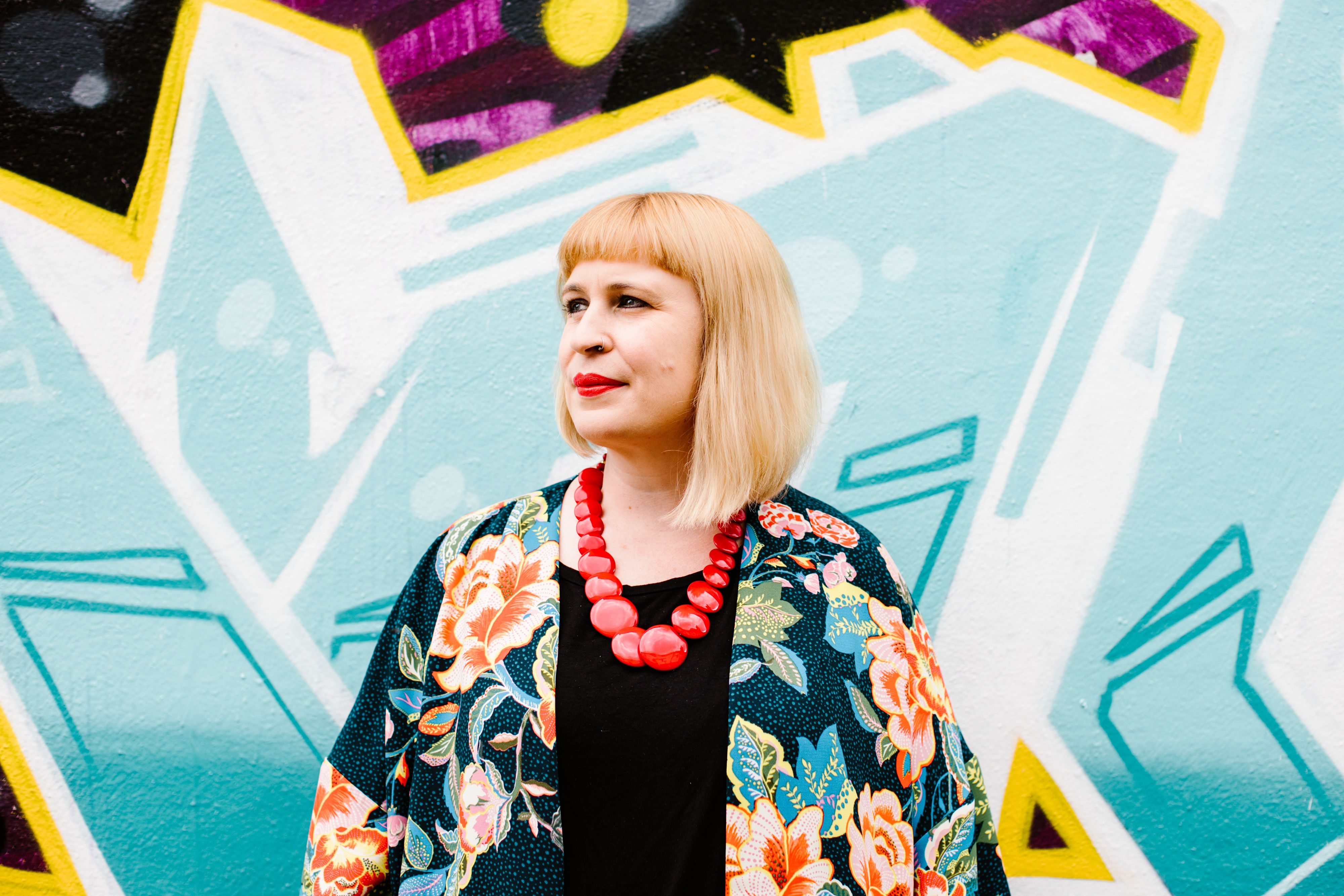
Jan Carson.
Authors Lucy Caldwell, Jan Carson and Michelle Gallen will first visit New York on Monday, Nov. 27 for an evening of readings and conversation at the Society of Fellows and Heyman Center for the Humanities at Columbia University.
On Tuesday, Nov. 28, the three authors will travel to Villanova University for a literary panel discussion.
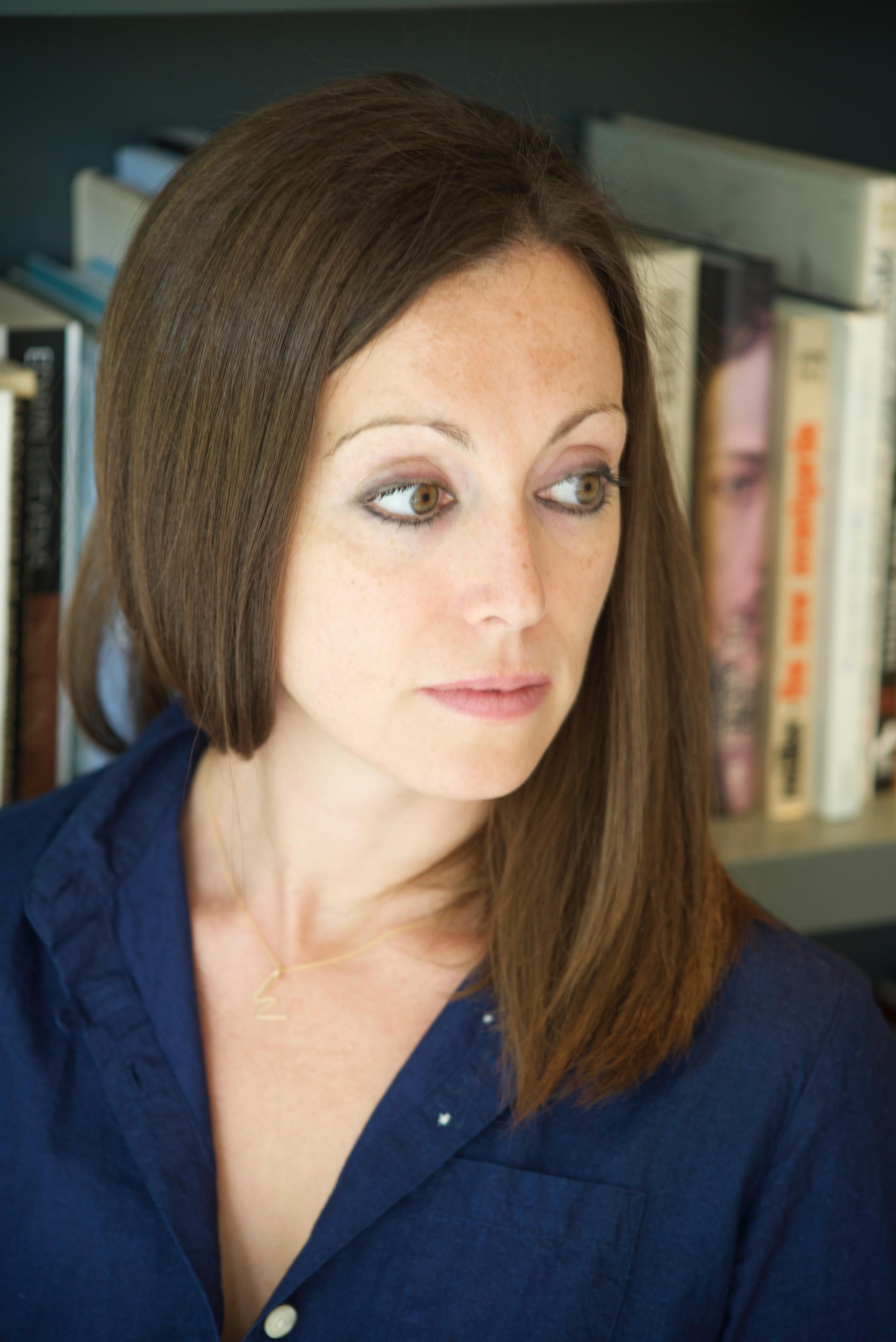
Lucy Caldwell [Photo by Debbie Taussig].
The writers’ tour then travels to Georgetown University on Wednesday, Nov. 29. From there, Caldwell and Gallen will go to Boston on Dec. 1, where they will read at a lunch at the Irish Consulate in Boston, attended by Consul General Sighle Fitzgerald, before returning to New York to take part in “Favorite Poems” at Irish Arts Center, as part of its annual PoetryFest.
Jan Carson will travel to Syracuse where she will read at Le Moyne College on Dec 5. Consul General Helena Nolan will also attend.

